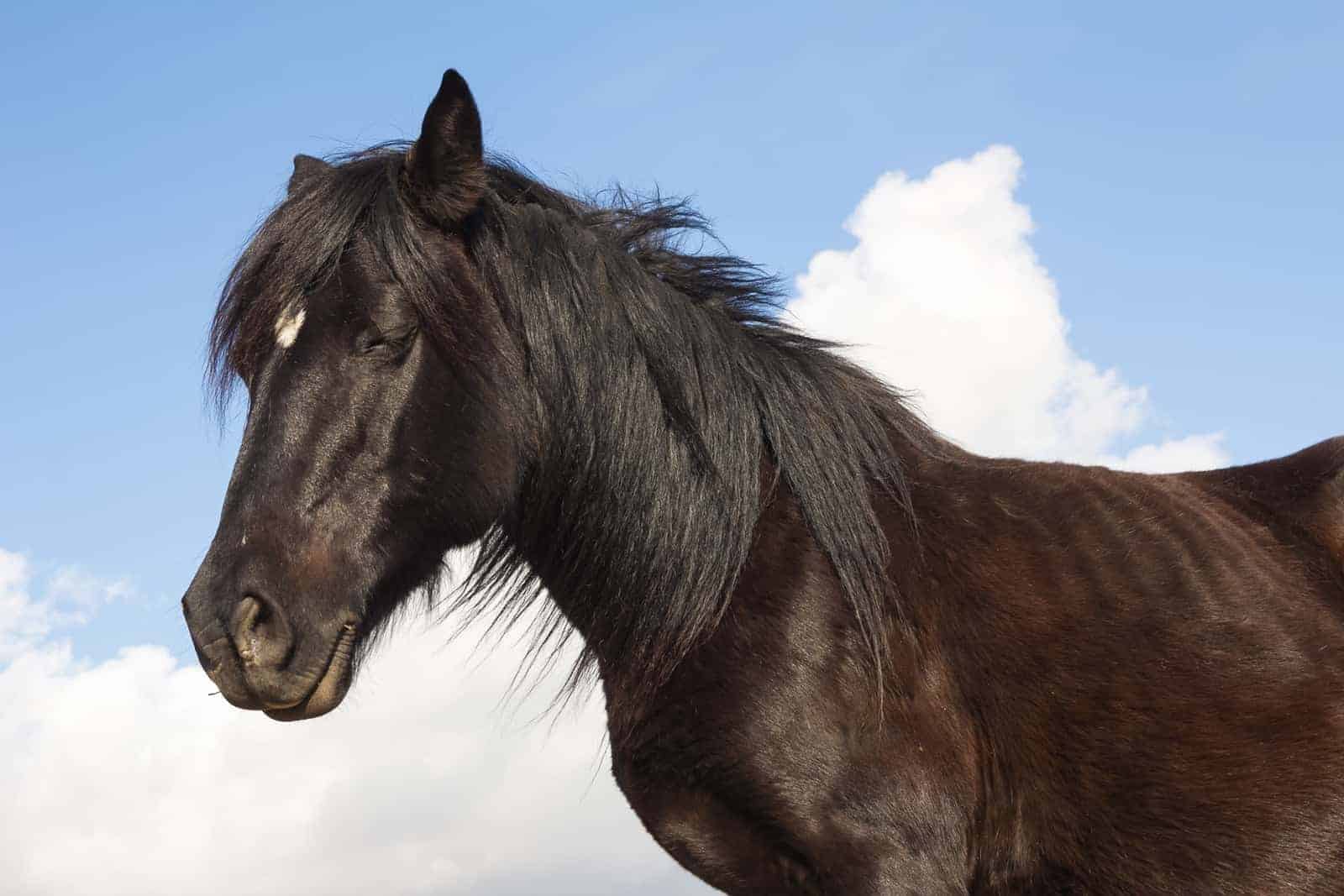The Horse at Home is Still at Risk for Ulcers
- Topics: Article, Digestive System, Horse Care, Nutrition, Sports Medicine, Sports Nutrition, Ulcers

Now that the show season is at hand, owners’ are probably aware of their competitive partner’s risk for developing gastric ulcers. With two out of three performance horses affected, it’s important to ensure equine athletes are at peak health. But don’t forget about the horses that stay home. Even horses that don’t travel or compete are at risk for ulcers.
“Wherever there is stress, there can be stomach ulcers,” says Hoyt Cheramie, DVM, MS, manager of Merial Large Animal Veterinary Services. “Horses may be stressed by everyday situations that don’t seem stressful to us, like spending large amounts of time in a stall or when their friends leave the barn
Create a free account with TheHorse.com to view this content.
TheHorse.com is home to thousands of free articles about horse health care. In order to access some of our exclusive free content, you must be signed into TheHorse.com.
Start your free account today!
Already have an account?
and continue reading.
Written by:
Edited Press Release
Related Articles
Stay on top of the most recent Horse Health news with











